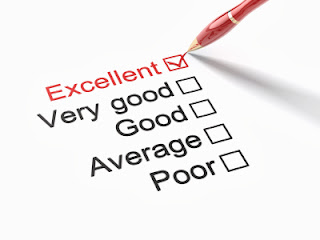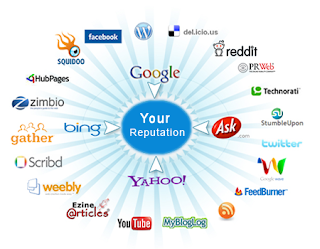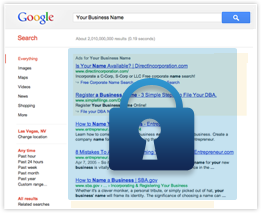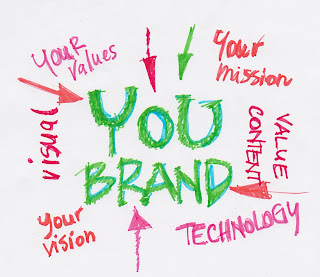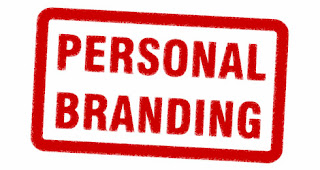Building Blocks of Your Personal Brand Architecture

The first step in the personal branding process is to spend time figuring out who you really are and what you want from your life. Often, this self-analysis is the hardest part. Here are the building blocks of your brand that you need to identify: You distill that information into a concise brand statement and work to get every aspect of your life on brand: your website, professional bio, appearance, network, résumé, office space, and so on. · Needs: Maslow’s Hierarchy of Needs is a helpful tool that shows layers of needs from the most basic (physiological needs, such as food) all the way up to self-actualization — becoming everything that you are capable of becoming. Values: These are core principles that give meaning to your life — a set of standards that determine your attitudes, choices, and actions. · Interests/passions: The things that intrigue and motivate you determine how you want to spend your time. · Mission: Everyone should have a mi

